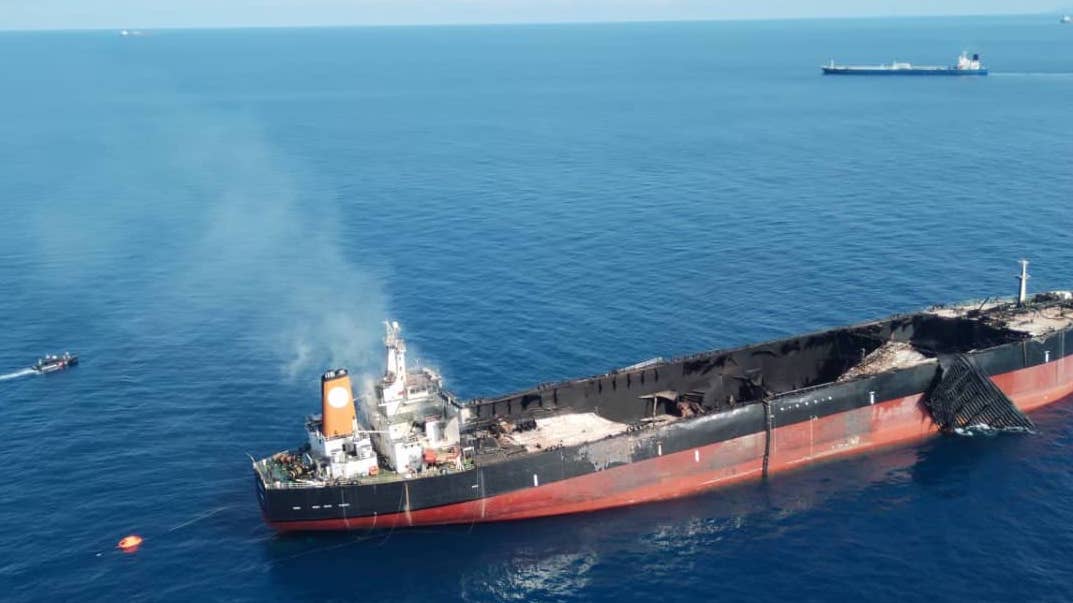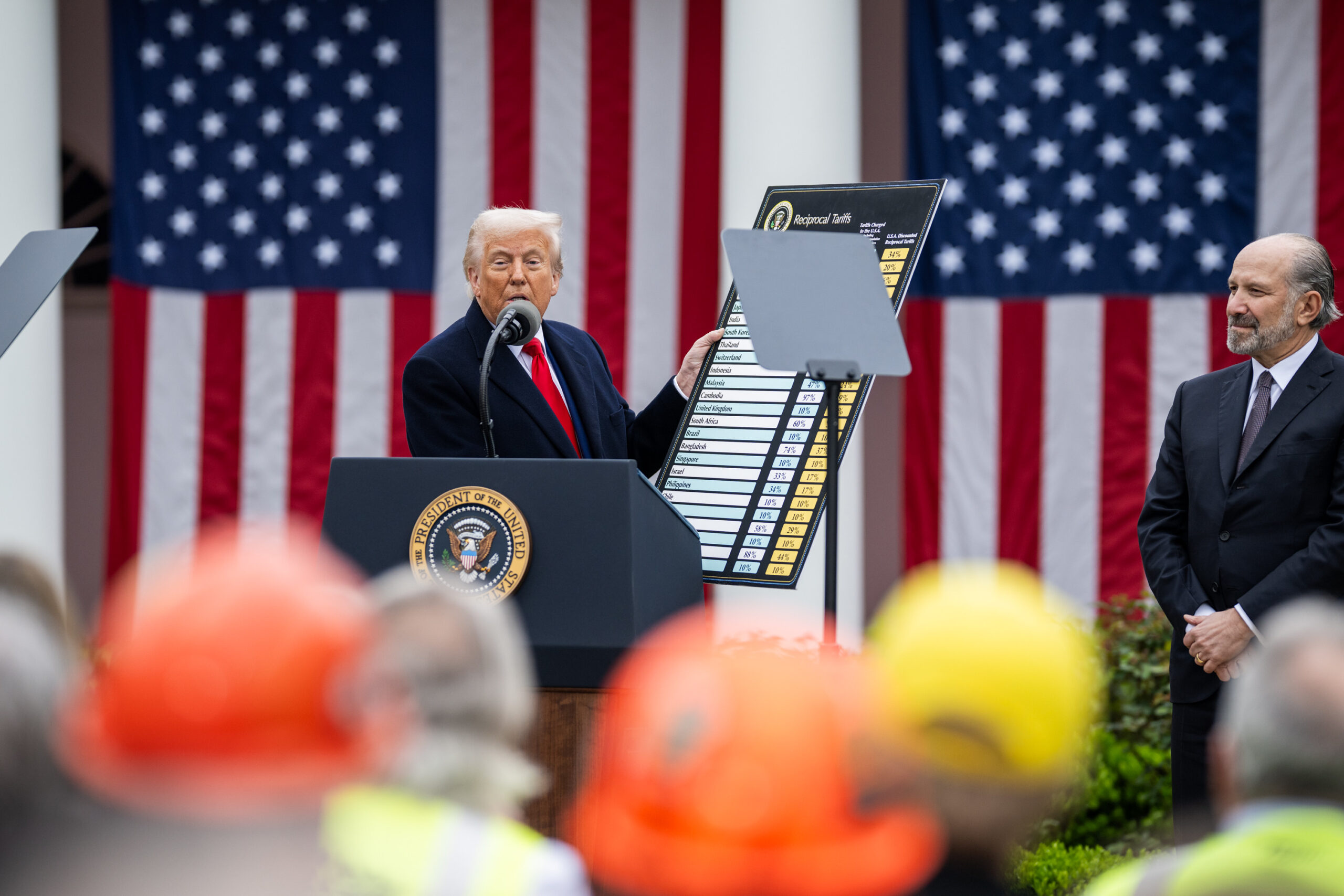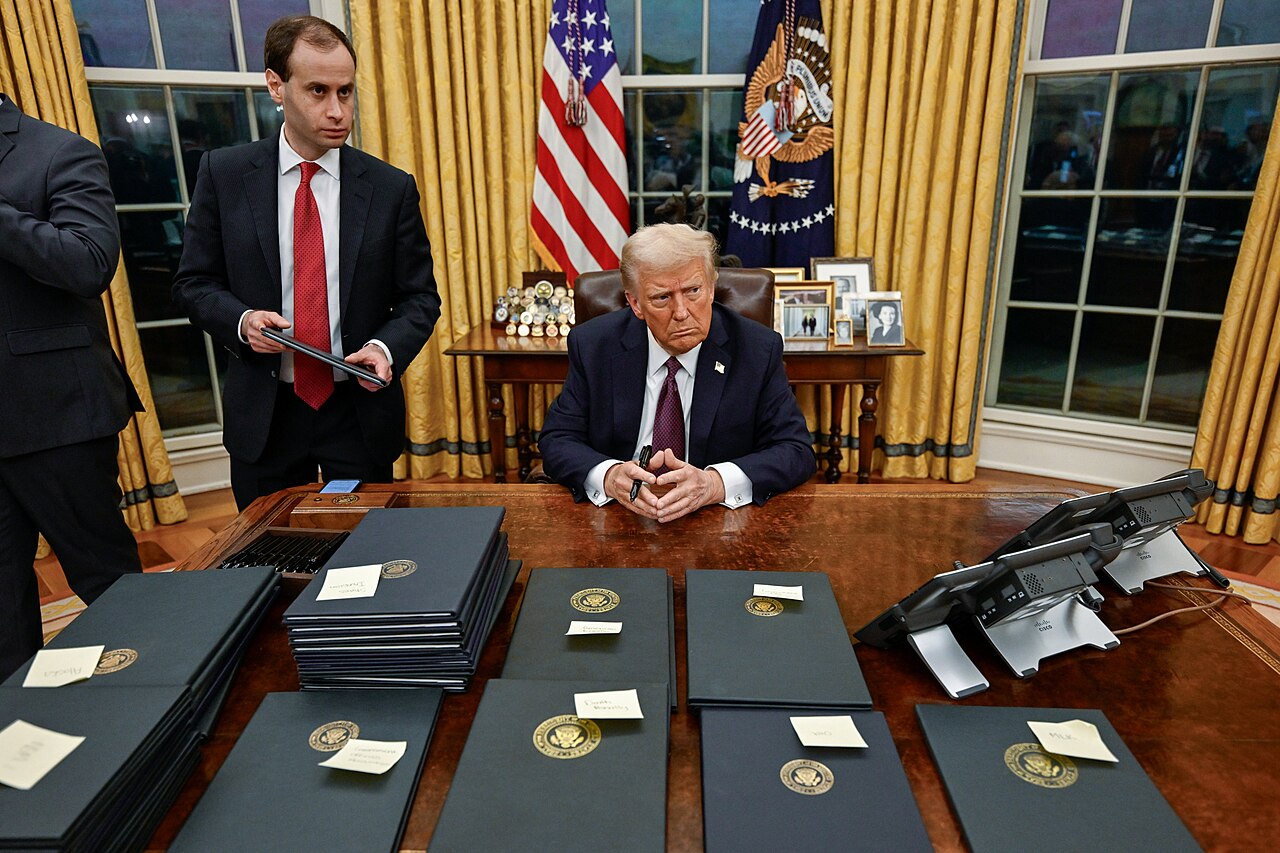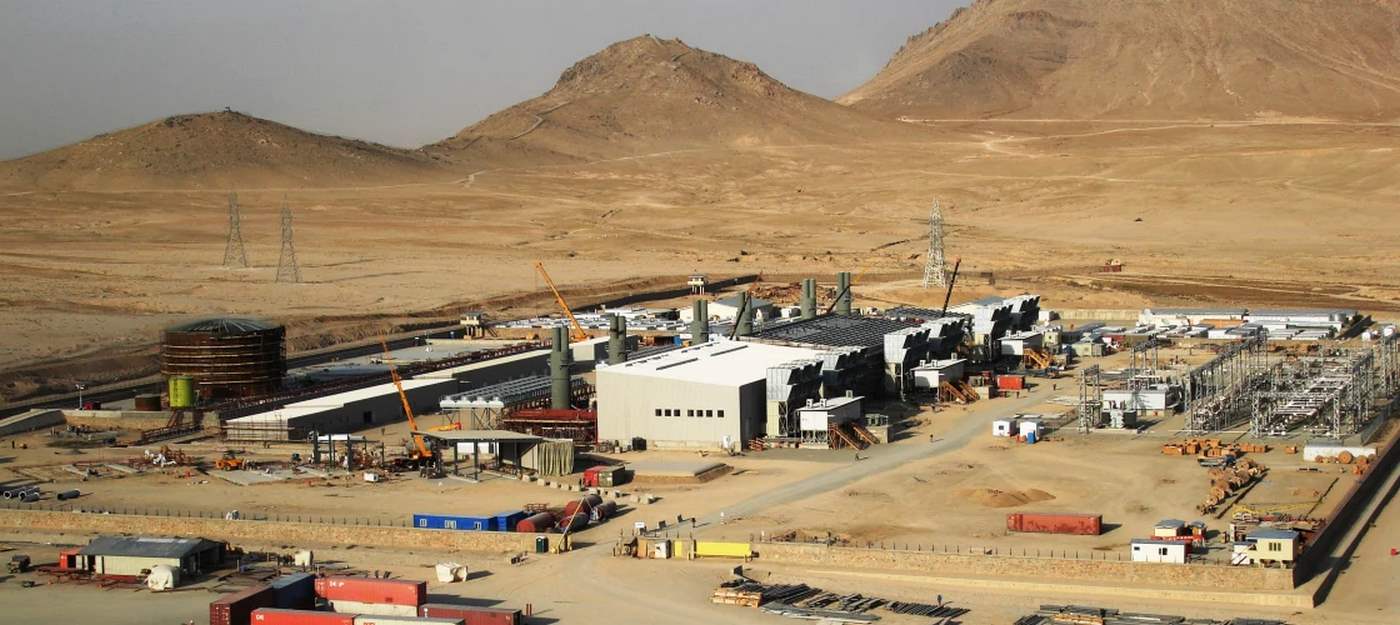End of the Empire is a twice-monthly feature on all news relating to the transition from the unipolar world of the US Empire to a multipolar world.
Months after the Group of 7 economic nations paired an oil embargo of Russia with a price cap that limited the abilities of private companies to provide tanker shipping or insurance to Russian oil cargo when the price was above $60 a barrel, Russian oil revenues topped $11.3 billion in October, the highest in any month since 2020.
It exceeds the pre-war year production, is the highest post-war production yet logged, and comes after several new aid packages for Ukraine are stalling in the EU and US parliaments.
The news came from a Bloomberg documentary team afloat off the coast of Greece, where a “shadow fleet” of unidentified, difficult-to-trace, older vessels lay anchored. The team described one tanker, the Turba, unloading oil cargoes onto a smaller vessel, the Simba, from a distance of four meters, despite the fact that their digital tracking locations logged them as being 4 miles apart.
Nearby, “more than a dozen” similar vessels were all preparing to do the same thing, facilitated by a network of shady, unknown buyers and insurers, who manage fleets of experienced shady oil tanker crews that are constantly getting their tracking info falsified and names changed.
“The shadow fleet and alternatives to Western maritime insurance are not new. Iran has used them for years. Now that a massive producer like Russia is using them, they have become more mainstream,” Eddie Fishman, a senior research scholar at Columbia University’s Center on Global Energy Policy, told Bloomberg.
“Absent concerted action to make it costlier to use these substandard alternatives to Western services, they will grow and become a structural feature of the world oil trade”.
The shadow fleet is a grave environmental danger, as the vessels are often old. They carried 45% of all Russian oil in 2023. Between April and October, Russia’s net oil revenues doubled, and the $11.3 billion made in October accounted for 31% of the nation’s overall net budget revenue for the month; all according to Bloomberg staff.
Struggling against the flow
The sophistication and the proliferation of the global shadow fleet in the world oil trade is, as Fishman noted, a real headache for sanctions-mongers in Washington. Large oil producers have often been the target of sanctions, including Iraq, Iran, Venezuela, and Russia.
These countries rely heavily on oil for government revenues, and it’s only natural a black market would spring up in the wake of it being illegal to trade their product on the global market. Russia is now the largest supplier of crude oil to both India and China, much of it through the use of shadow fleets.
This week, a shadow fleet tanker ran aground near Indonesia, thought to be en route to Singapore carrying 1 million barrels of Venezuelan oil. The tanker’s official position in October was West Africa, but it was really loading up in Venezuela. Turba, sighted off the coast of Greece, by Bloomberg, was also found adrift near Indonesia.
In November, the US Treasury Department blacklisted 3 vessels and 3 firms, all based in the UAE, which it believes were facilitating Russia’s avoidance of sanctions. The month before, the Department issued its first sanctions on specific business entities operating in the trade, and notified shipping organizations in 30 countries that it was seeking information on 100 different ships believed to be operating in the shadow fleets.
The G7 may have believed at the beginning of the price cap that Russia would be using “few very big tanker operators with large fleets that would have been easy to monitor and enforce,” said Chris Weafer, the chief executive officer of strategic consultants Marco-Advisory Ltd, in an interview with Newsweek. “What has emerged is a greatly dispersed fleet ownership with the flexibility to disappear and reappear with a new name faster than the G7/EU can catch them”. WaL
PICTURED ABOVE: The shadow tanker Pablo. PC: Malaysian Coast Guard



